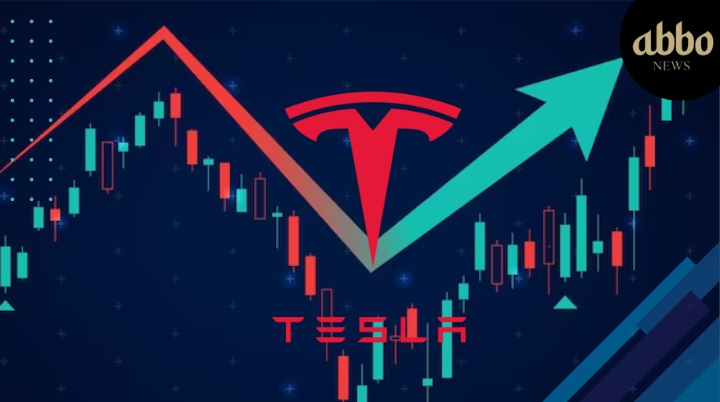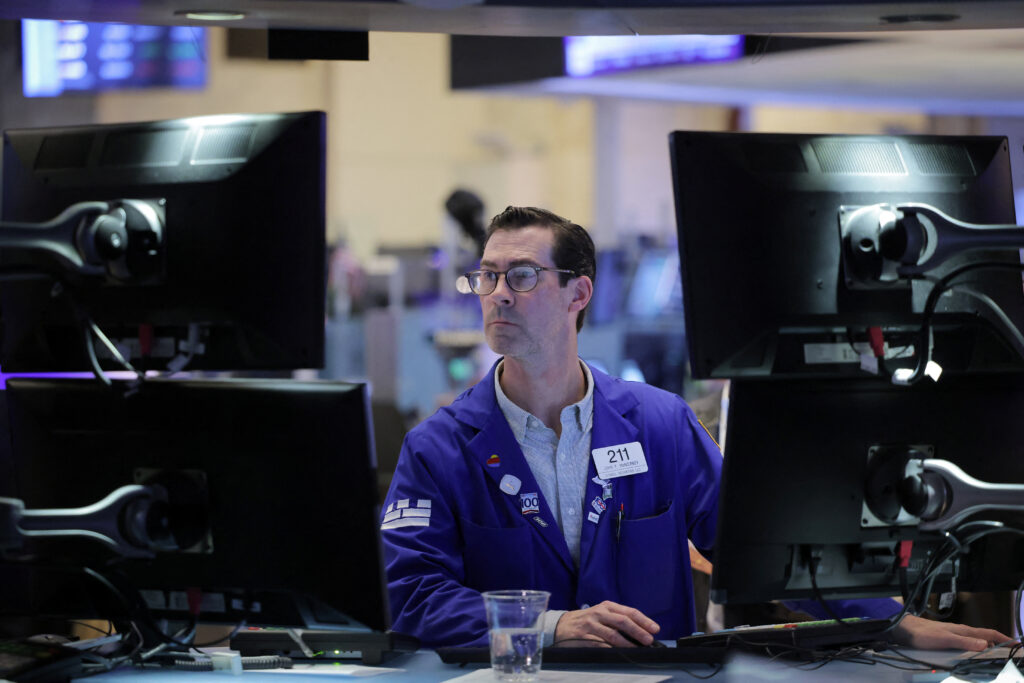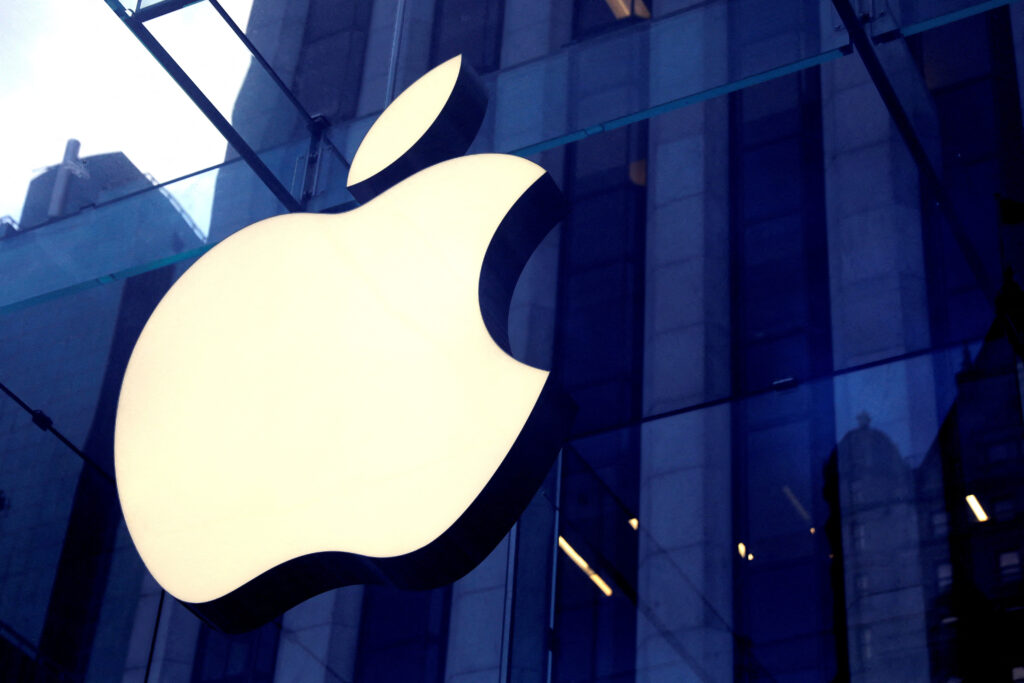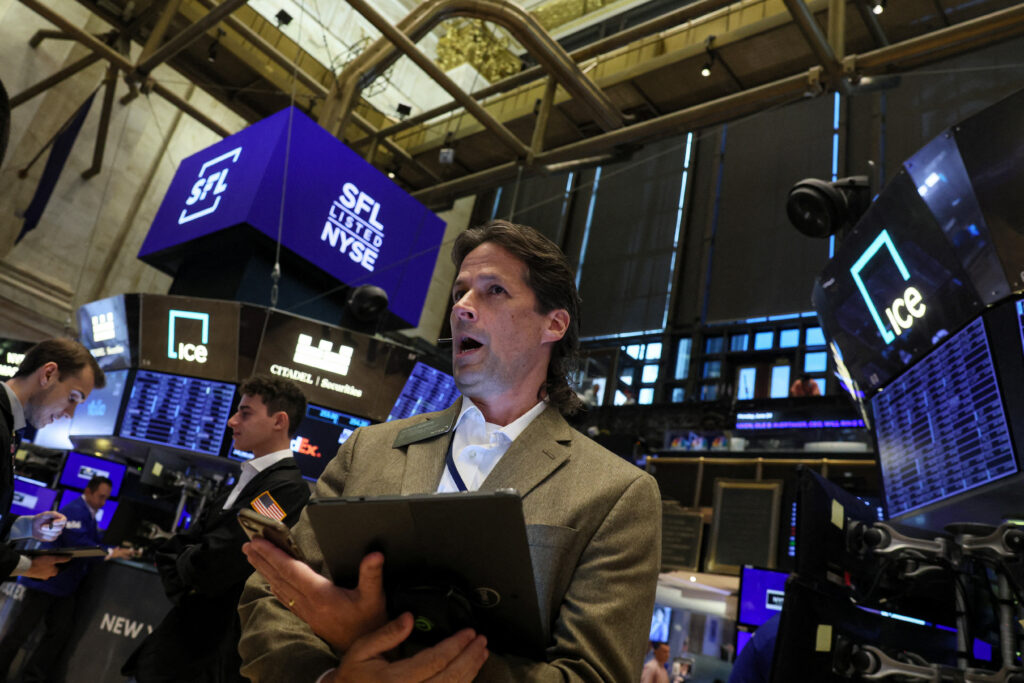Tesla (NASDAQ: TSLA) stock rose as Apple scrapped its self-driving car project.
Apple (NASDAQ: AAPL) has announced the cancellation of its electric vehicle (EV) plans. The tech giant is now redirecting its efforts towards artificial intelligence (AI), signaling a strategic pivot to better compete with industry rivals amidst the AI boom.
Wedbush analyst Daniel Ives commented on the shift, suggesting it could be an acknowledgment of Tesla’s dominance in the EV market. He emphasized the challenges Apple would face in establishing itself as a successful OEM in the face of Tesla’s stronghold.
The analyst told Benzinga,
“We also believe this is an indirect nod to EV leader Tesla with Apple recognizing that the stronghold grip on the EV market would make it very difficult for Apple to emerge as a very successful OEM (even with a partner).”
He added,
“Softer EV environment and price wars also key factors.”
In a separate development, Tesla CEO Elon Musk provided an update on Tesla’s Roadster. Musk revealed that Tesla, in collaboration with his rocket manufacturing company SpaceX, is enhancing the specifications of the new Tesla Roadster. He announced plans to commence deliveries of the highly-anticipated sports car in 2025.
Tesla (NASDAQ: TSLA) Stock Movement
TSLA stock has seen some upward momentum this week, with a 3.9% rise on Monday followed by a more modest 0.17% increase on Tuesday. However, it remains challenged in sustaining movement above the $200 mark. Resistance is expected around $207, a level where it previously gap-opened down after its fourth-quarter earnings miss.
TSLA stock gained 1.16% to close at $202.04 on Wednesday. The traders had exchanged hands with 99,331,492 (99.33 million) shares compared to the average daily trading volume of 111.14 million.
Edward Cooke is a financial analyst, freelance writer, and editor. He has six years of experience in financial journalism. He has an in-depth understanding of equities markets, tracking major indices and providing real-time analysis on stock price movements, corporate earnings, and market sentiment.










